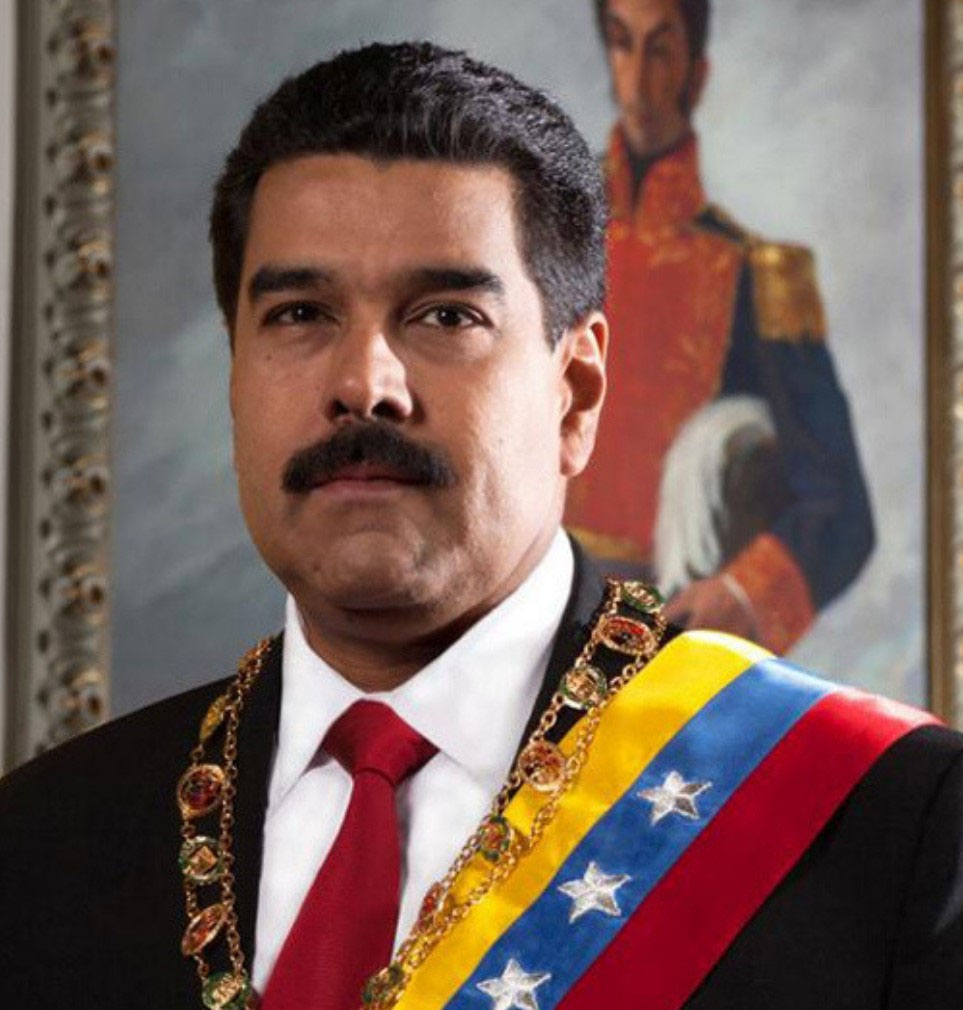Lawmakers in Venezuela allied with the government of President Nicolas Maduro yesterday approved the creation of a new state in Guyana’s Essequibo despite an ongoing international court case.
Reuters reported that the approval is in line with recent rhetoric from Maduro about his country’s supposed right to govern the 160,000-square-km (62,000-square-mile) Essequibo region, but will have no immediate practical effect.
The two countries agreed last December to avoid any use of force and not to escalate tensions in the dispute after a meeting between Maduro and his Guyanese counterpart.
The formalizing by Venezuela of the creation of a new state out of Essequibo will be seen by Georgetown as a hostile act and more bad faith from Caracas despite the two sides signing the The joint declaration of argyle for dialogue and peace between Guyana and Venezuela in St Vincent and the Grenadines on December 14 last year.
Reuters said that the law approving the new state, called Guayana Esequiba, will come into force as soon as it is published in the official gazette.
The state’s borders would be the Atlantic Ocean to the north, Brazil to the south, Guyana to the east and the Venezuelan states of Delta Amacuro and Bolivar to the west, according to the law.
The city of Tumeremo, in Bolivar, will serve as a capital “until a practical and mutually acceptable solution to the territorial controversy is reached with the Cooperative Republic of Guyana,” the law said, according to Reuters.
There was no statement from the Guyana Government yesterday on this latest development.
Among other things in the Argyle statement, Guyana and Venezuela declared as follows:
1. Agreed that Guyana and Venezuela, directly or indirectly, will not threaten or use force against one another in any circumstances, including those consequential to any existing controversies between the two States.
2. Agreed that any controversies between the two States will be resolved in accordance with international law, including the Geneva Agreement dated February 17, 1966.
3. Committed to the pursuance of good neighborliness, peaceful coexistence, and the unity of Latin America and the Caribbean.
4. Noted Guyana’s assertion that it is committed to the process and procedures of the International Court of Justice for the resolution of the border controversy. Noted Venezuela’s assertion of its lack of consent and lack of recognition of the International Court of Justice and its jurisdiction in the border controversy.
Citing a Venezuelan military buildup along several parts of the frontier with this country, US think tank, CSIS, last month posited that Caracas is engaged in a carrot and stick strategy to extract concessions from Guyana even though Georgetown is adamantly pursuing a resolution of the longstanding border controversy before the World Court.
In a February 9th analysis, the Center for Strategic and International Studies (CSIS) published satellite images of a military buildup on the Venezuelan side of the border which it said strongly supported its hypothesis of `compellence’ where Caracas was seeking to wrest concessions from Guyana such as possible joint exploration of natural resources.










